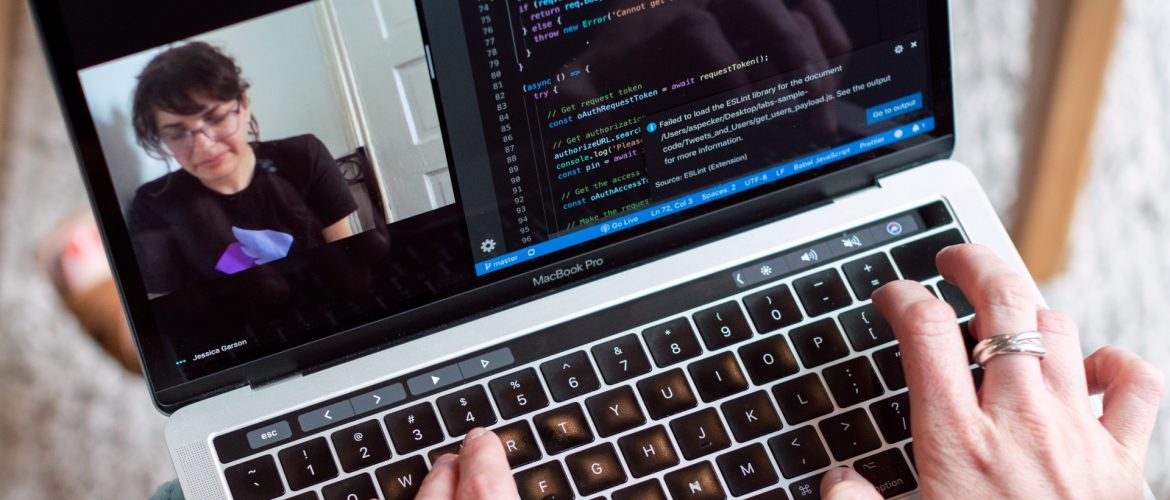New technologies have made alternative work arrangements (e.g., remote work, flexible scheduling) possible and are dramatically changing the way work gets done. Their appeal is not difficult to understand considering their promised benefits. Workplace flexibility can reduce commuting time and congestion, allow global collaborations, and reduce business costs such as office overheads, making them appealing to policymakers and employers. For employees, these arrangements promise to facilitate work-life balance by providing greater control over how they allocate and spend their time at work and in their personal life.
Despite these apparent benefits, many organizations fail to implement policies that promote alternative work arrangements or do so in a way that is not employee-friendly. Two of the often-cited arguments against these arrangements are stigma (e.g., employees who work from home are seen as less devoted or committed to their work) and productivity costs (e.g., employers do not trust that employees are efficient at home). However, when correctly implemented, alternative work arrangements can benefit organizations and employees. For example, Perpetual Guardian introduced a 4-day week and after eight weeks, observed a 3040% increase in employee engagement and a 24% improvement in work-life balance while job performance remained similar to when employees were working the standard 40 hours. Emerging research further suggests that alternative work arrangements are particularly beneficial for working mothers or low-income employees; these employees tend to be marginalized from high-paying jobs or promotions and are even labelled as “failed” employees because household and caretaker responsibilities prevent them from working long hours or undertaking unexpected travel.
The outbreak of the Coronavirus is an unprecedented global event that has fundamentally altered how nations and organizations function as well as how employees use their time in and outside work. Within a very short period of time it forced many organizations to either enforce existing alternative work arrangements or create such work policies on the spot. These changes promise to have a critical impact on organizations and employees alike, yet the scope and scale of this impact is as of yet unknown.
To this end we would like to conduct research to understand the effects of the Coronavirus outbreak by answering the following fundamental questions:
- How did organizations navigate this change?
- Did organizations with alternative work arrangements policies had a competitive advantage?
- How has this change affected employee well-being and organizational performance?
- How did employees and their families adapt to alternative work arrangements?
- What are the short and long-term benefits of shifting to alternative work arrangements? – How did employees react to changes in their work schedule and work time structure?
Project Overview
To study these critical and timely questions, our team, consisting of Ashley Whillans—Assistant Professor at HBS and Laura Giurge—Postdoctoral Researcher at London Business School, is looking to work with organizations to conduct pre/post evaluation surveys to capture:
- How organizations responded to the outbreak (e.g., communication and implementation of policies)
- Workplace engagement, perceived control over work schedule, and time-use during the outbreak
- Changed in employees’ work practices and time management, and productivity
- The benefits and pitfalls of shifting patterns of work and work norms on employee well-being, leisure time, work-life balance, family and community engagement
The Coronavirus outbreak presents organizations and employees with a unique opportunity to learn how to build an agile culture in which employees at all levels of the organization feel empowered to respond and adapt more efficiently to any emerging changes. It is likely that organizations will face similar disruptions in the future. It is therefore crucial to develop a toolkit based on rigorous research that both employers and employees can use to effectively manage the demands of today’s unpredictable world, leading to positive outcomes for their personal well-being, their capacity to perform, and outcomes for the organization as a whole.
About you: We are looking for partner organizations that are interested in collaborating with us on this research project. An ideal organization would:
- Be willing to participate in interviews. Previous experience with research is not required 2. Be willing to conduct surveys and share existing data. Any data will be stored anonymously.
- Be willing to publish the anonymous results of the study in academic journals, Harvard Business Review articles and Harvard Business School case studies.
Timeline: We are hoping to launch studies with partner organizations ASAP.
Contact: If interested, please email awhillans@hbs.edu or lgiurge@london.edu stating your name, position, and email address of the main point person at your organization.
Collaborators
Laura M. Giurge is a Postdoctoral Research Associate at London Business School and a rising scholar in the field of time, engagement, and the future of work. She is also affiliated with the Wellbeing Research Centre at the University of Oxford, and works together with various nonprofit and for-profit company collaborators around the world to improve workplace engagement, time management, employee well-being, and productivity. Laura is passionate about conducting experimental and behavioral field studies and has published her research in leading academic and popular press outlets including Nature Human Behaviour and Harvard Business Review.
Ashley V. Whillans is an Assistant Professor at the Harvard Business School. She was named a Rising Star of Behavioral Science, co-founded the Department of Behavioral Science of the British Columbia Public Service Agency, and is currently part of the Global Happiness Council in the UAE. She has extensive experience conducting large-scale field experiments around the world with non-profit and public-sector partners, with a focus on the topics of time, money, and happiness. She has written about her research, which has appeared in numerous outlets, including the New York Times, the Washington Post, the LA Times, CNN, BBC, The Atlantic, The Economist, and the Wall Street Journal. Her first book – Happier Time – was published in 2020 by Harvard Business Press.



 This information will never be shared to third parties
This information will never be shared to third parties